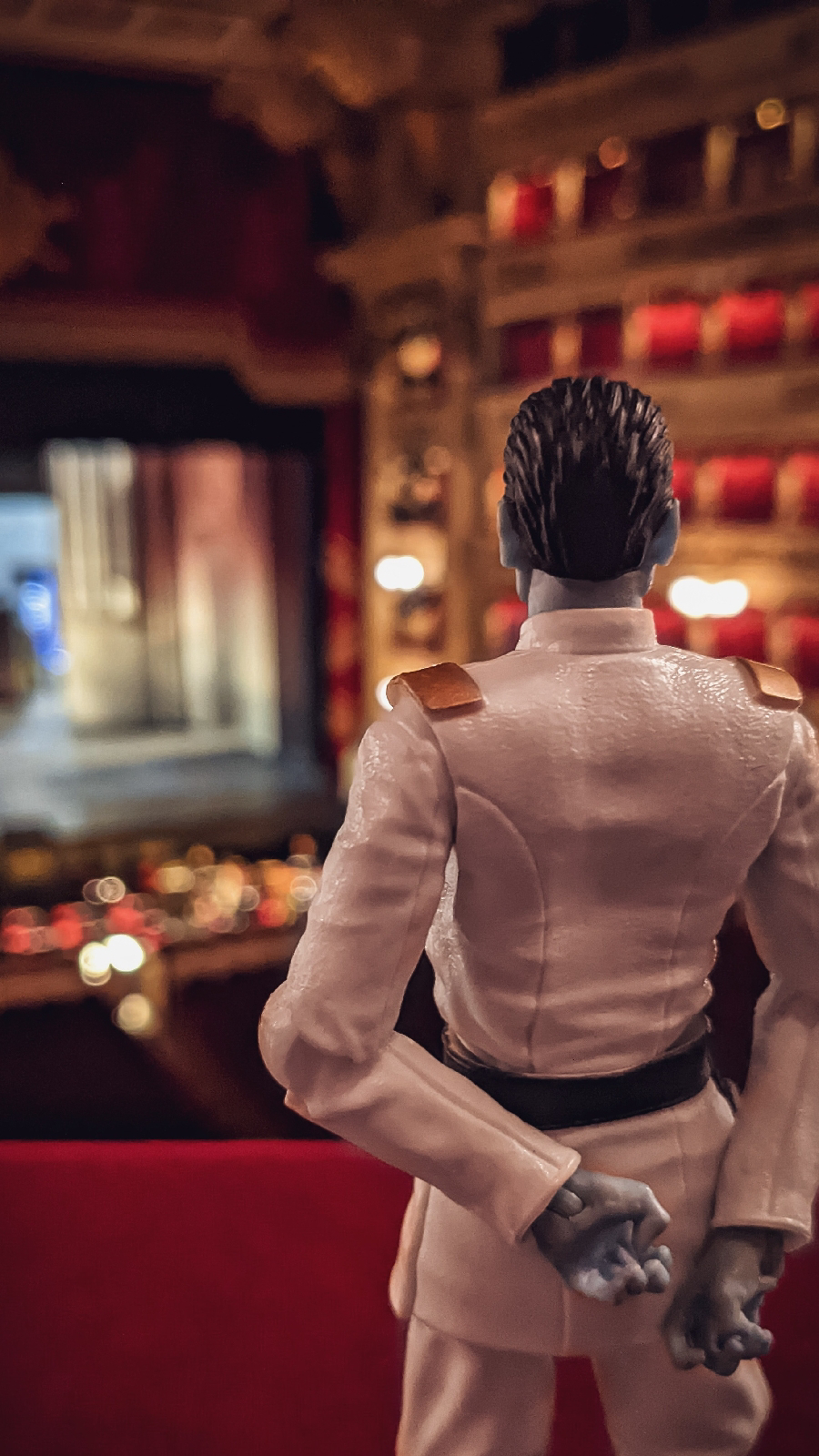go settle upon the slopes and the hills
where the sweet airs of our
native soil smell soft and mild.
Greet the banks of the River Jordan
and Zion's tumbled towers.
Oh, my homeland, so beautiful yet lost.
Oh, remembrance so dear yet heartbreaking.
Golden harp of the prophetic wise men,
why hang so silently from the willows?
Rekindle the memories in our hearts,
tell us about the times gone by.
Remembering the fate of Jerusalem
play us a brutal lament
or else be inspired by the Lord
to fortify us to endure our suffering.
~
On March 9th, 1842, "Va, pensiero" from the Nabucco by Giuseppe Verdi, libretto by Temistocle Solera, is played for the first time at "La Scala", the mayor theater in Milan.
The city, like many other Italian regions, is ruled by the Austrian Empire. Lombardy has a long history of foreign dominations, the Gaul, the Spanish, the French, but something is different in that lost spring of 1842.
For the first time, people start feeling a sense of belonging, a sense of union.
A sense of homeland.
This spirit will lead the citizen of Milan to the "Five Days", an insurrection and a major event in the Revolutionary Year of 1848 that started the First Italian War of Independence. On 18 March, a rebellion sparks in the city, and, after five days of street fighting, Marshal Radetzky and his Austrian soldiers abandon the city.
Recollecting the period of Hebrew Babylonian captivity after the loss of the First Temple in Jerusalem in 586 BCE, the "Nabucco" is the perfect metaphor for that patriotic sentiment and a hymn for the people of Milan.
As the third piece and conclusion of this "Thrawn and the Ascendancy" mini-series, I share with you the heartbreaking sadness for a homeland beautiful yet lost.
"It is my home. The only home I’ve ever known.
It is the Chiss Ascendancy."
["Chaos Rising", first draft]



No comments:
Post a Comment